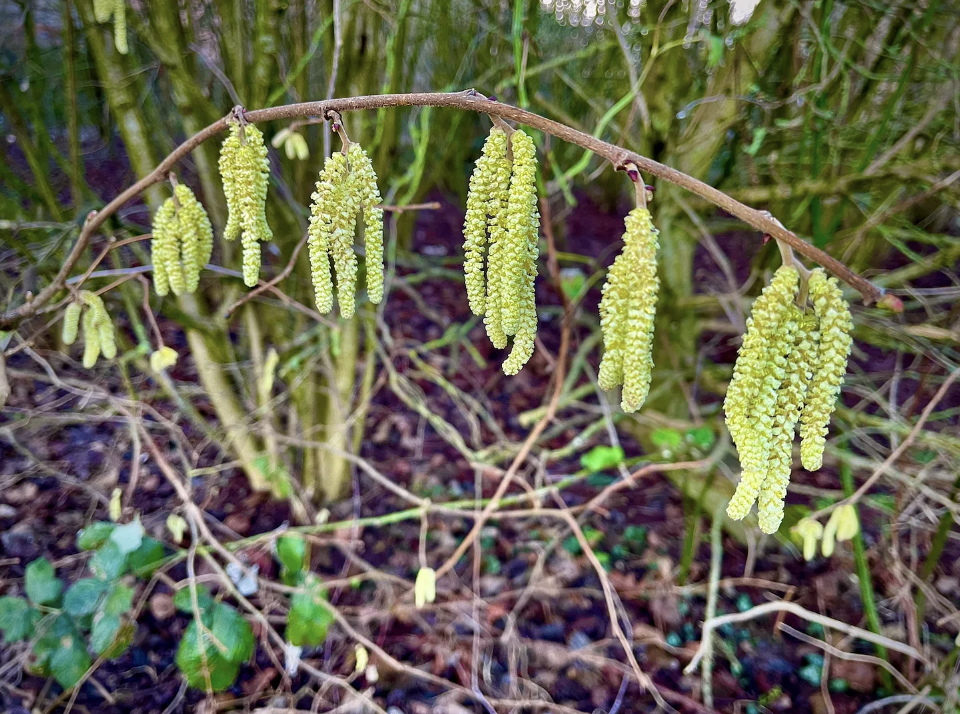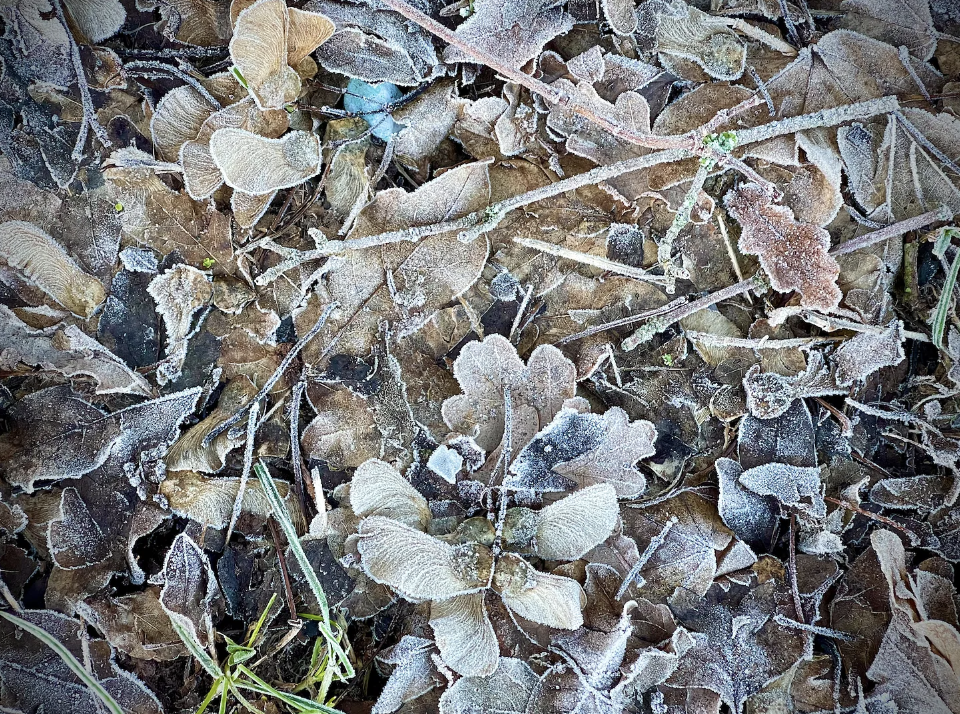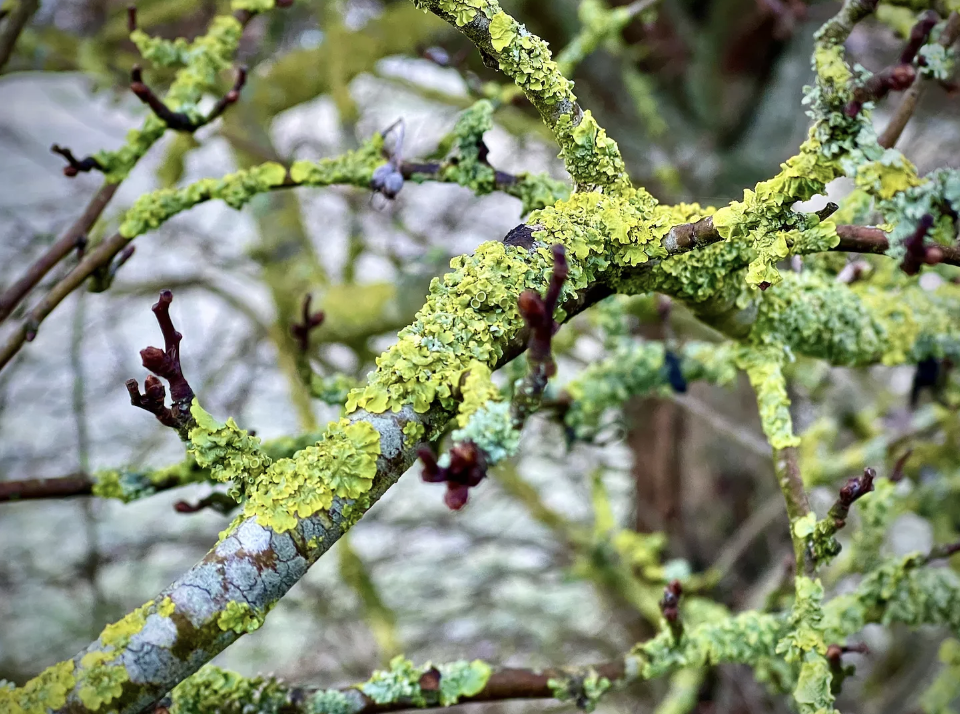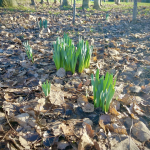On access to free knowledge online
The weather is pretty dramatic across the continent. I am spending my week observing the movement of spring flowers, waking up, and preparing to enjoy longer days. Bluebells sprouted, and I already saw their leaves out! Daffodils are so tall we can already look for forming bulbs, and it’s still January. Nature feels confused at the moment, but I do not blame her. We are feeling the result of what we are doing to her globally. We haven’t been kind.
This year, my commitment is to cut down on the plastic we use at home. William Gibson pointed it out during his author’s talk here in Bristol once: we spend so much time worrying about digital innovation and social media, yet we are not talking about the most toxic technology: plastic. Not at all. If only we were to spend the same amount of time, energy and intention on plastic pollution as we spend on stigmatising social media and Internet-facilitated technologies, I think we would be doing way more by now.

Hands up, I am not too good at sustainable living myself. Running my own business, I find excuses for being busy and juggling a lot: home, parenting, pet care, work for myself and others, studies, and continuous development. It’s so easy to put the Planet last on the list or avoid it altogether and comfortably avoid the topic.
However, I do not think it is psychologically healthy to pretend a crisis is not unfolding. Pushing those worried about the future of our species may work short term, but it remains part of our individual and collective unconscious. It remains an active process and can cost our health and wellbeing if ignored.
We could, instead, put the Planet first on the list. I added it to my morning admin/CRM/planning tasks now, knowing that I need to MAKE time for Mother Nature. It can be getting rid of litter in the park or shopping for more veg from our trusted sustainable farmers. It can be slowly switching from plastic to more sustainable packaging and remembering to bring our own bags to the local store. Some of those things are small.
However, it can also be a spiritual exercise of practising deeper connection. One shift I am making is learning from my eco-therapist colleagues to call all my plants at home my siblings. I do talk to plants, and when I mindfully look at them, I wonder: “What does my brother Bonsai tree need today?” “Shall I thin the water ferns in our aquarium to make more space for the cousin fish?” or “Can I move my sister, spider plant, towards the sun today to make her happy?”. This small shift in how I relate to living beings improves my wellbeing (cultivates Nature Connectedness) and grounds me in my ecosystem. I am Nature, and so are all living beings around me. Some die, some grow, and others are only being born, but we all share one thing: we are all a part of the cycle of life. We are dependent on each other.

I am listening to an interesting introduction to shamanic practices these days while I do my colouring or just laying down with a lavender eye pillow on my face and restoring. I dream of a better future for our Planet, one which I hope we can still work towards collectively. I ground myself in here and now not to get distracted and lose focus from this truth: we need Nature. And we have technologies to save it and save ourselves.
As I am spending the first quarter of this year restoring after intense counselling studies, I am allowing myself to experiment with various ways of thinking about healing. That is why I am researching shamanic practices and – based on a few past guided experiences – I now use power animal journeying in the comfort of my home to tap into my own unconscious and that feeling of “something beyond us”. I ordered a National Geographic Moleskine for all my journeys, in fact, which arrived with their yearly digital subscription. This made me think about the vast amount of knowledge we have available online to educate ourselves, enjoy exploring Nature and remind ourselves why it is ever so crucial to our survival.
I feel that maybe in the upcoming weeks, months even, I will be exploring more of what Freud and Jung called the shadow of our psyche – the seemingly unacceptable attributes of our being that we tend to hide away in our subconscious. It is essential to uncover them, explore them and learn to re-integrate them into a more accepting, compassionate and conscious lifestyle. For me, personally, living to support the future of the Planet is one of those shadow aspects that I now want to unearth and embrace. I wonder how digital technologies may help me with that.

(Reflection)
Today, I invite you to think about the benefits of Internet access, which we sometimes take for granted. So, spend a moment reflecting on my particular example of sustainability and ask yourself:
Q: How can you use the Internet to learn about ecology, sustainability and climate change?
Q: What smartphone apps can you use for free or for a small fee to learn more about Nature?
Q: What smartphone apps can you use for free or for a small fee to learn about and improve the sustainability of your household?
Q: What nurturing online communities can you join to do this work with the support of others?
Q: What mainstream media outlets, celebrities and influencers can you follow on social media to learn more about those topics?
(I am spending this weekend learning to ride my new bicycle, which will allow me to cut down on time in cars this year. I wish you a lovely weekend!)
This post was originally posted on Substack in our Syl’s Liberation Psychologies Newsletter.

